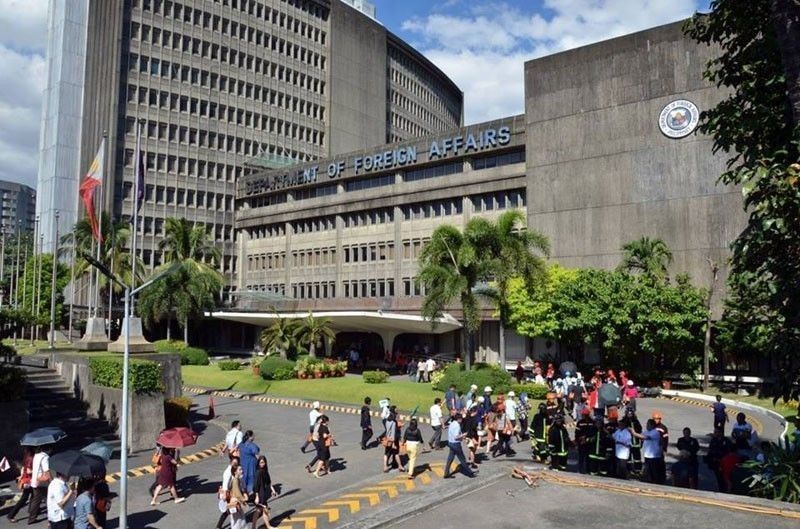
Upgrade to High-Speed Internet for only ₱1499/month!
Enjoy up to 100 Mbps fiber broadband, perfect for browsing, streaming, and gaming.
Visit Suniway.ph to learn
Jean Mangaluz - Philstar.com
April 3, 2025 | 6:25pm
Migrant Workers Secretary Hans Leo Cacdac gives a press briefing in Malacañang on April 3, 2025.
Presidential Communications Office / Facebook
MANILA, Philippines — The Overseas Filipino Workers who were detained in Qatar due to alleged illegal protesting have been released, according to Migrant Workers Secretary Hans Leo Cacdac, on Thursday, April 3.
The OFWs were detained after reportedly protesting the arrest of former President Rodrigo Duterte and his turnover to the International Criminal Court (ICC). Qatari officials initially detained 20 Filipinos, including 12 men, five women, and three minors. The minors have already been released, leaving 17 still detained.
The 17 OFWs have been released, Cacdac said.
“We report today, based on the President [Ferdinand Marcos Jr.’s] directive to secure the immediate release of the 17 who are still detained, the Qatari officials, the two separate batches, the male, at around 2:30 AM, Qatar time, and the females, around 4:00 AM Qatar time, were provisionally released, pending investigation,” Cacdac said in a press briefing.
He added that they have been able to go home to their respective homes in Qatar. However, Cacdac said they remain subject to investigation.
“No charges have been filed,” Cacdac said.
Philippine officials asked their Qatari counterparts if any charges had been filed against the OFWs. Given the lack of charges, the Filipinos were provisionally released.
However, while the OFWs are on provisional release, they are not allowed to return to the Philippines, as they are still under investigation, according to Cacdac.
Marcos’ order of providing aid to these OFWs continues, said the Department of Migrant Workers Secretary.
Cacdac said that the matter of their arrest was an alleged illegal assembly, as well as gatherings that potentially disturbed public security. The penalties for these acts could range from six months to three years in prison, as well as a potential fine of 10,000 Qatari riyals to 50,000 Qatari riyals.
These OFW’s legal defense is ready upon the president’s orders, Cacdac said.
Cacdac said that Qatar’s legal systems are fast, but he could not give a timeline as to when a decision on this case will come out.
In the meantime, Cacdac again urged OFWs to obey their host country’s laws.
“We know that there are other countries who have taken note of mass actions and have been monitoring the movements, the behavior of our Filipino communities abroad,” Cacdac said.
OFWs should not have to wait for jail time to learn their lesson, Cacdac said. In some countries, the officials would not immediately imprison suspects, but they would monitor and survey them.

 21 hours ago
6
21 hours ago
6



